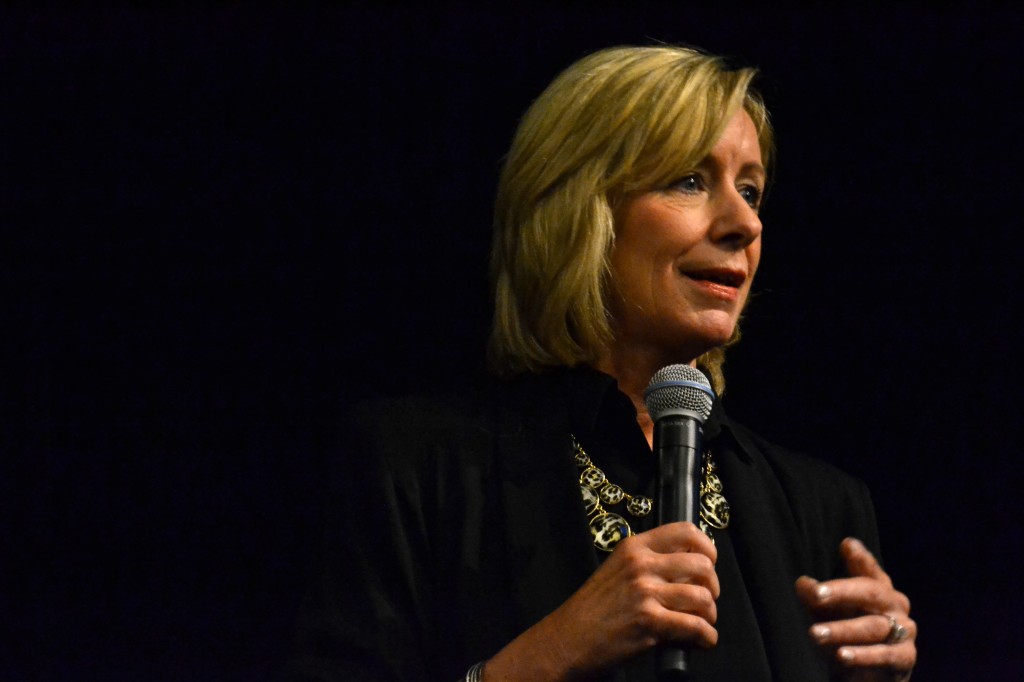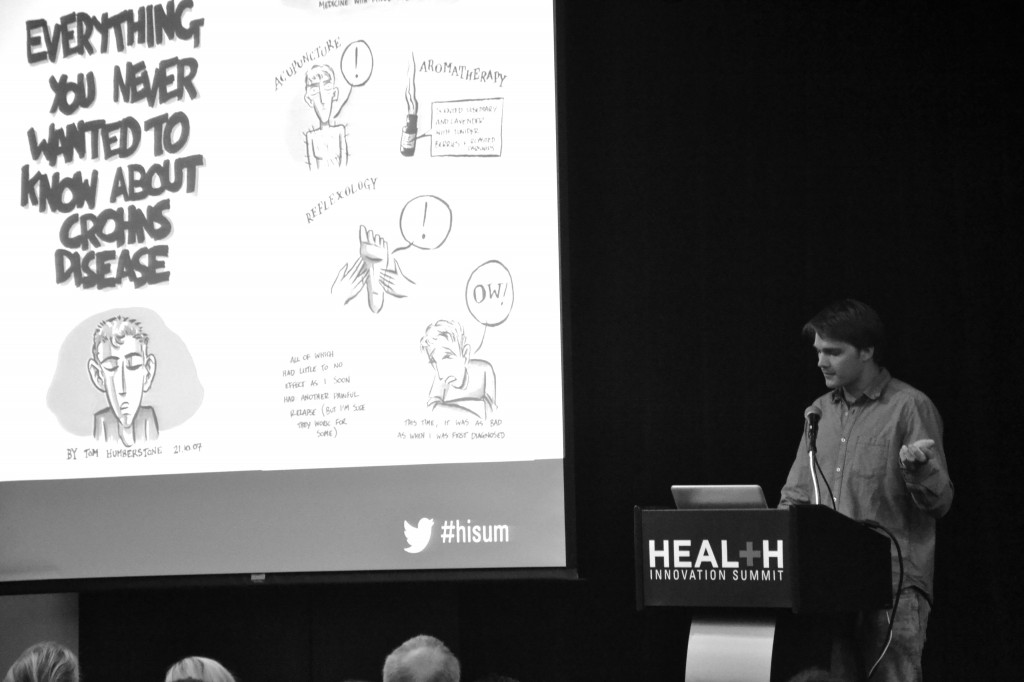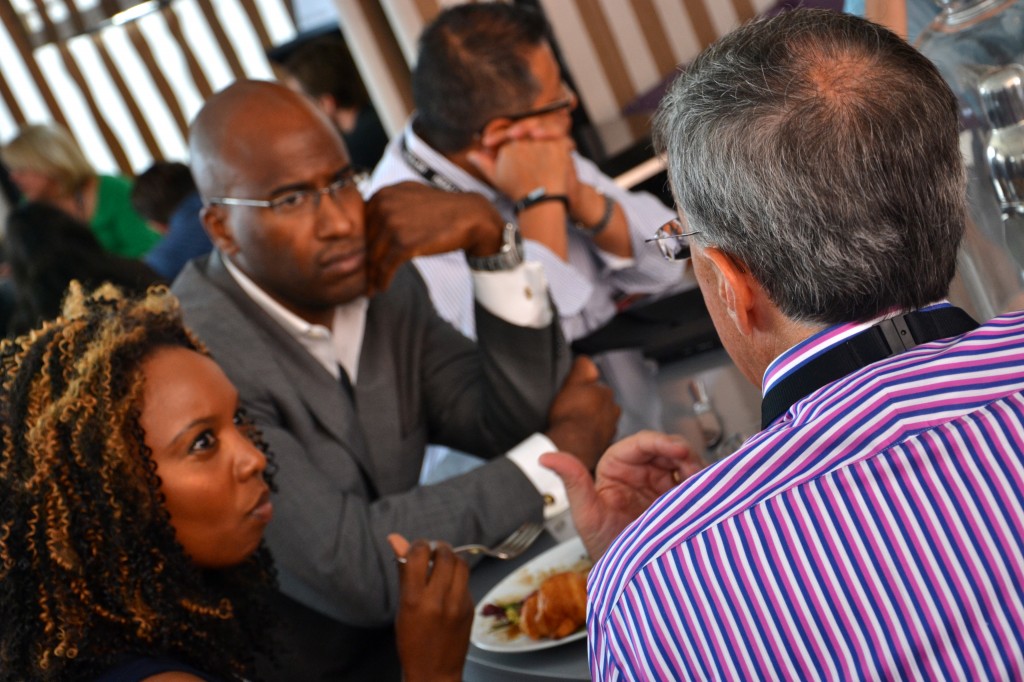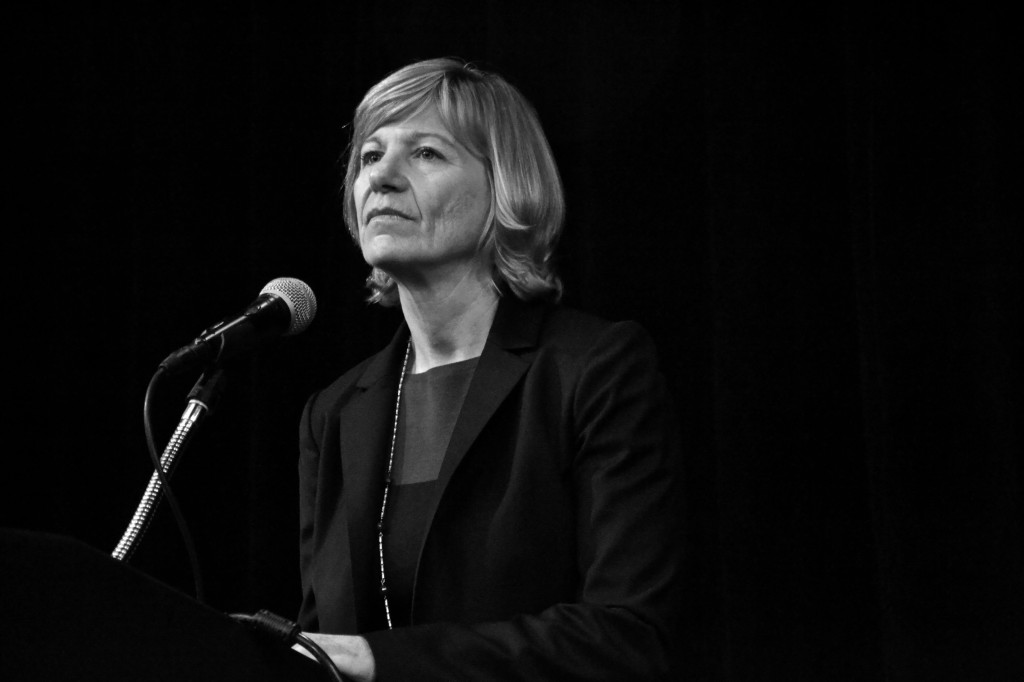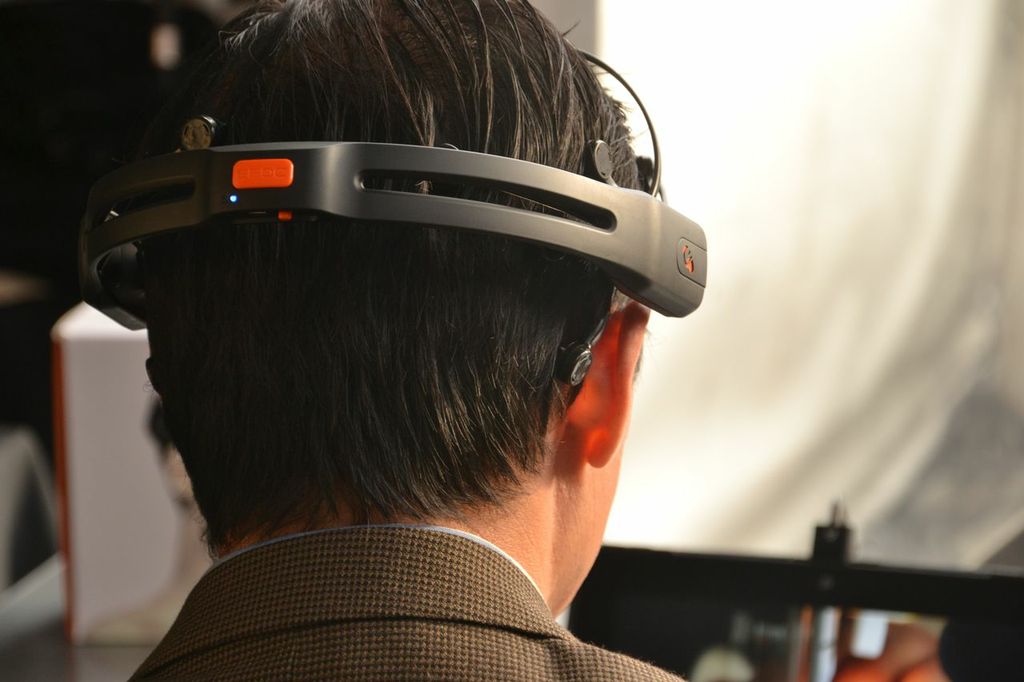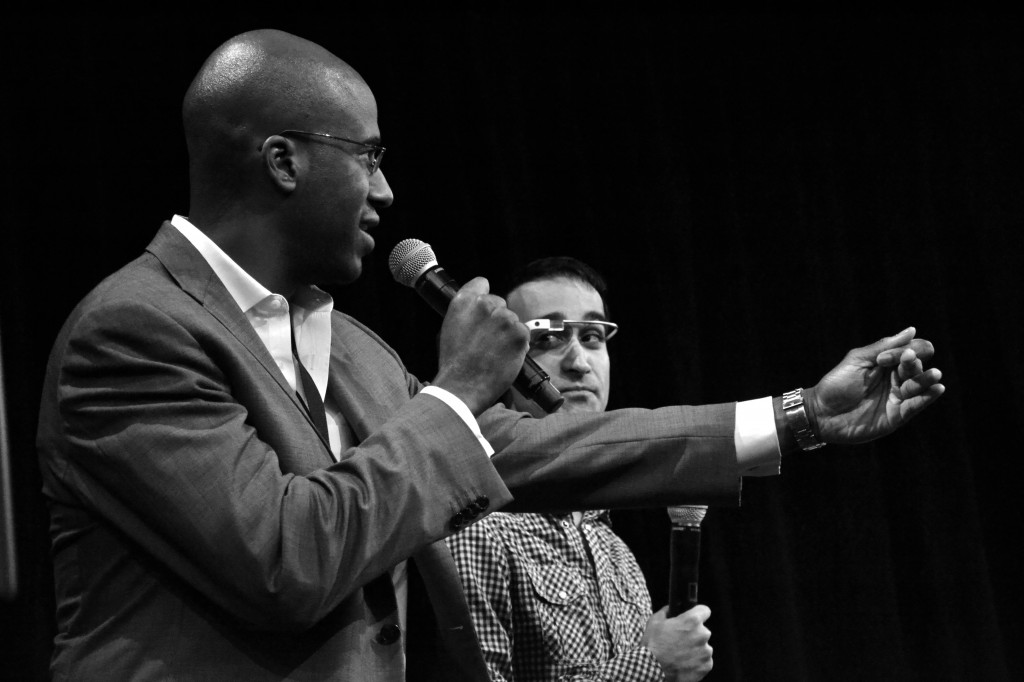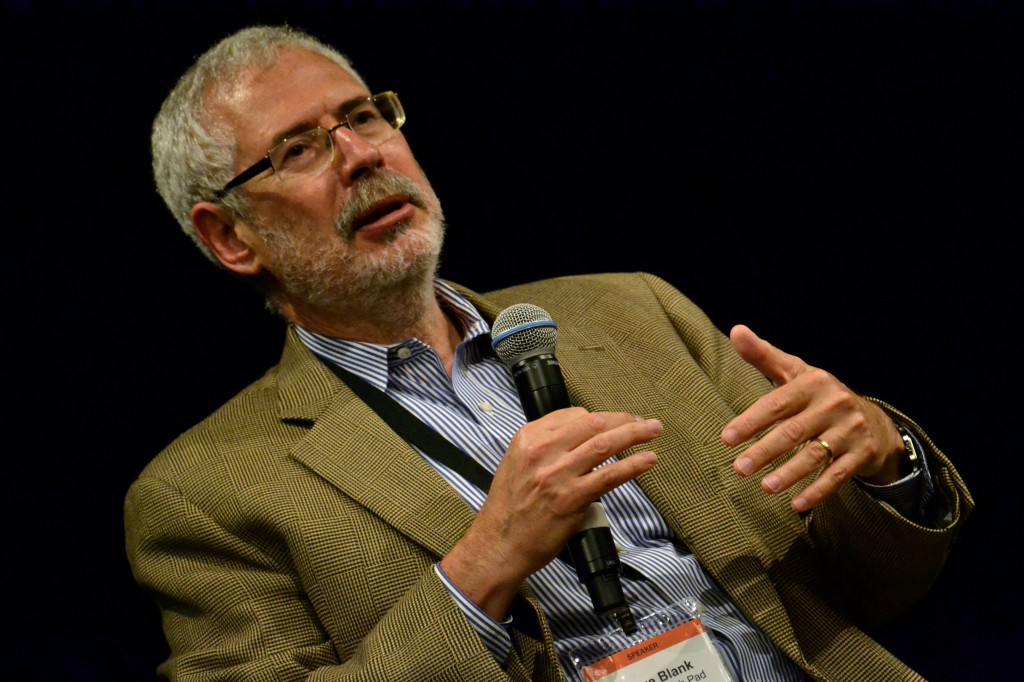Highlights of HiSum 2013: Part II
Holly May is a Consultant at Health Advances.
Missed the Health Innovation Summit in San Francisco last week, did you? Today we bring you the highlights from day two. Read day 1 highlights here.
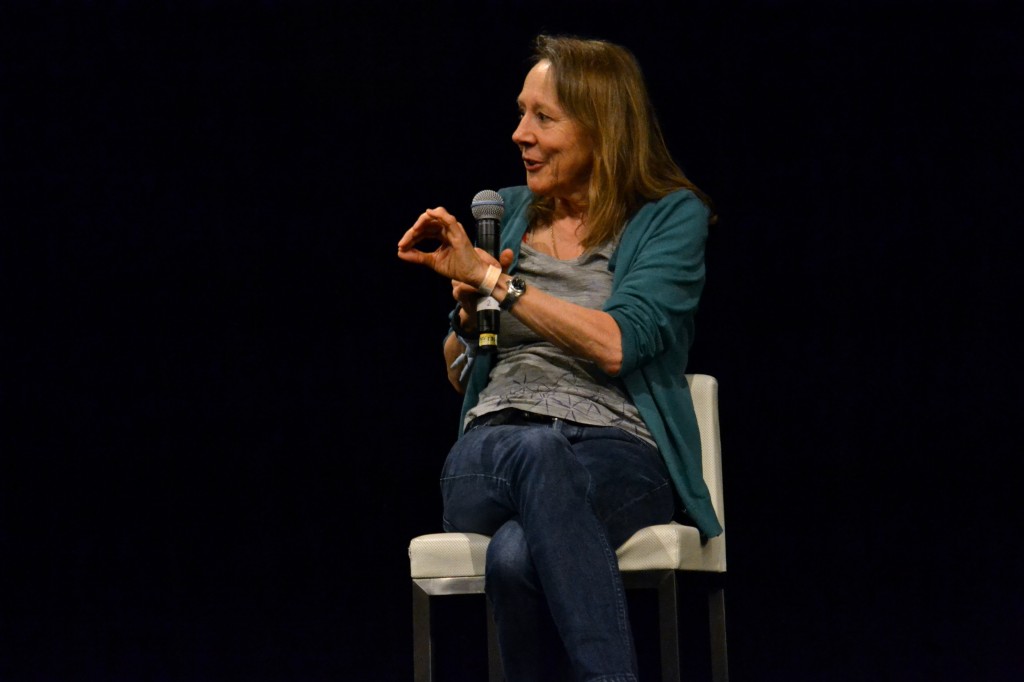
The morning began with a conversation between investor Esther Dyson and Venture Beat writer Christina Farr. The pair discussed Ms. Dyson’s ambitious plan to accelerate healthy habits on a national level: HICCup. The plan is to catalyze and track healthy living among residents of small cities and enable the towns to try various tools and interventions as part of a city-versus-city competition. Read more here.
Next up was a panel discussion about the future of healthcare delivery. Dr. Bridget Duffy facilitated a conversation with Dr. Jay Parkison, who is “intolerant of bad” and that mentality led him to found a concierge medicine company called Sherpa. They were joined by Dr. Patricia Conolly, a geriatrician and associate executive director of the Permanante Medical Group. The group discussed whether technology was dehumanizing – or re-humanizing – healthcare. Describing the problems with communication that plagues healthcare, Dr. Duffy remarked that we can order a $15 pizza from Domino’s and get text updates for every stage of the pizza-making and pizza-delivery process, yet there is far less communication and coordination in medicine when the items being moved about are far more vital than a pizza.
A compelling and heartwarming panel entitled “Turning Lemons into Lemonade” chronicled four entrepreneurs and how their own encounters with the healthcare system inspired their current businesses. Sean Ahrens founded Crohnology, a patient community for those with Crohn’s Disease and ulcerative colitis based on his own struggles with the disease. Leah Sparks explained how her attempt to start a family at the “mature” age of 36 led to a rollercoaster of pregnancies, miscarriages, and fertility treatments which led her to found a pregnancy-monitoring company called Wildflower Health which aims to reduce the costly complications of pregnancy. Jared Heyman talked about the challenge to find a proper diagnosis for the rare disease his sister suffered from; he founded CrowdMed to solve the issue: the company relies on the wisdom of crowds – laypeople and healthcare professionals – to diagnosis extremely rare conditions. Lastly, Anupam Pathak described how his PhD research on motion cancellation led him to develop Lift Labs, which is pioneering a motion-cancelling spook for patients who have tremors. It enables people who cannot feed themselves due to tremors or Parkinson’s Disease to feed themselves, which restores independence.
A panel about healthy eating, education, and incentives led up until lunch time. Jason Langheier led a conversation between Aaron Stoertz of Google and Larry Soler of the Partnership for a Health America, which was created in conjunction with First Lady Michelle Obama’s Let’s Move initiative to find childhood obesity.
Lunch, like the content of the summit, was innovative and healthy.
Following the mid-day break, Susan Desmond-Hellmann, the current chancellor of UCSF and oncologist and biotechnology leader, kicked of the afternoon with an important keynote about precision medicine. She quoted the late Steve Jobs, saying that the biggest innovations in the world will come from the intersection of biology and technology. In her talk, she described the MeForYou.org initiative which is trying to ignite the same volunteer spirit of giving blood to instead give genetic information to enable a massive database to power research and innovation (check it out!).
Next, journalist David Duncan interviewed Tan Le and Sonny Vu about wearables. Sonny described the guiding principle between Misfit Wearable’s Shine, saying that trackers and sensors must be “gorgeous or invisible” and they aimed for gorgeous and fashionable. Tan Le’s company, Emotive, is working on brain-computer interface powered by wearable EEG headbands. Products from both companies were given away as prizes to audience members brave enough to volunteer blindly for on-stage contests.
The next three speakers focused on sources of data. Matt Mohebbi talked about the process of building Google Flu trends, Rumi Chunara talked about alternative public sources of data for predicting outbreaks of disease. She suggested that sales of a specific herbal remedy peaked in China a few months before SARS was formally identified and left the provocative question open for novel ways – like analysis of corporate revenue – to identify infectious diseases. Nadeem Kassam described his career arc from night club and music promoter to founding Basis and BioBeats. “Healthcare is boring, it’s that simple” he said, as he talked about how his companies fuse entertainment and wellness to empower consumers to live better.
Missy Krasner then led a discussion about the role of Google Glass in healthcare. Dr. Pierre Theodore spoke eloquently about his use of Glass in surgery and how he uses it to visualize anatomy while looking at the patient. Combatting the sentiment that doctors are slow to adopt technology, he told the audience that “we are not unaccustomed to technology – look around an operating theater – we are overwhelmed by technology”. The cognitive switch of looking at the “real” patient versus the CT scans projected by Glass is akin to the switch a driver makes when glancing in the rear-view mirror, he explained. Ian Shakil described his latest venture, Augmedix, which is building applications for healthcare on Google Glass with the aim of re-humanizing healthcare so physicians can focus on the doctor-patient encounter rather than “feed the beast” that is EMR documentation.
The penultimate panel featured investors with unusual perspectives. “Not Your Average Investors” brought together Laura Deming of the Longevity Fund, Sanjay Shah of the California Healthcare Foundation and Mustaqueem Siddiqui, Director of Business Development at the Mayo Clinic. They each described their unique ‘investment thesis’, funding arrangements, and how they support health technology innovation in different ways than conventional angel or VC investors.
The last session was a treat: Thomas Goetz, journalist and author, interviewed Steve Blank, a name well-known to all entrepreneurs. He is an all around technology and entrepreneurship guru, gripping speaker and developer of the Customer Development model, which launched the Lean Startup movement. Blank reminded the crowd that “you might be the smartest person in the building, but you are never smarter than the collective wisdom of your customers” in an effort to encourage innovators to engage with the customer base. In further discussion of how to connect with and sell to healthcare professionals, Blank declared that “unless you get escorted out of a hospital, you’re not doing it right!” Entrepreneurs, he explained, have a point of view that everything is just an obstacle to be removed or fixed. After inducing laugher in the audience on multiple occasions, he closed the interview by recommending the work of Harvard Business School professor Clayton Christensen on disruption and transformation of healthcare.
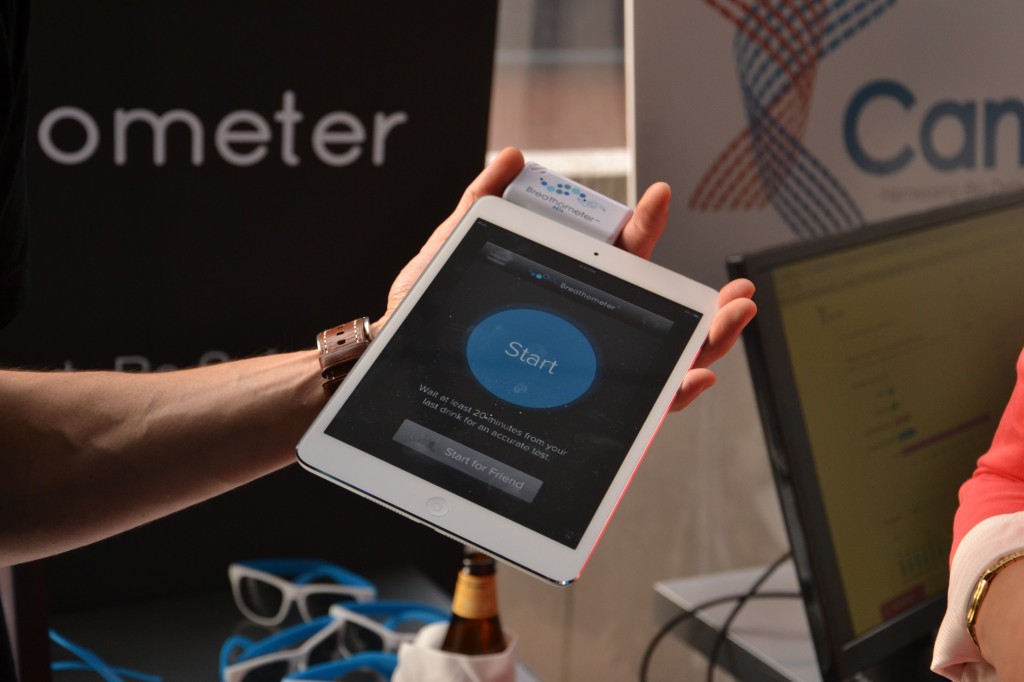
The day wrapped up with Drinks and Demos by 30 startups on the outdoor patio of the W Hotel, the site of the conference. See full list of companies that demoed here.
